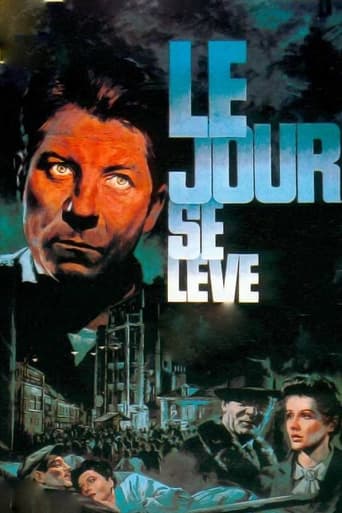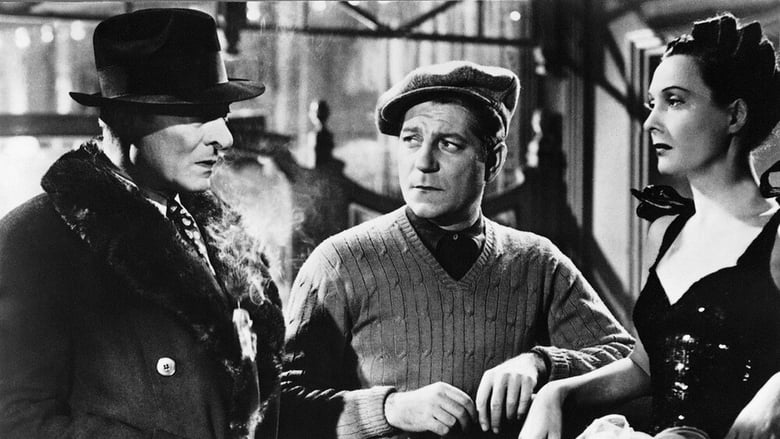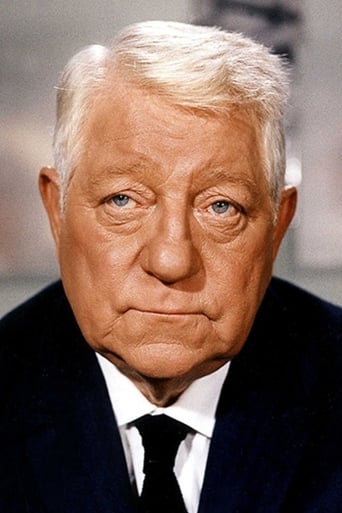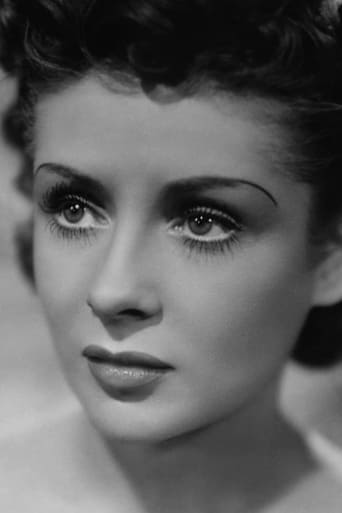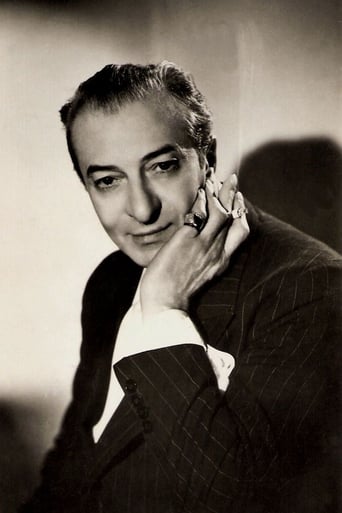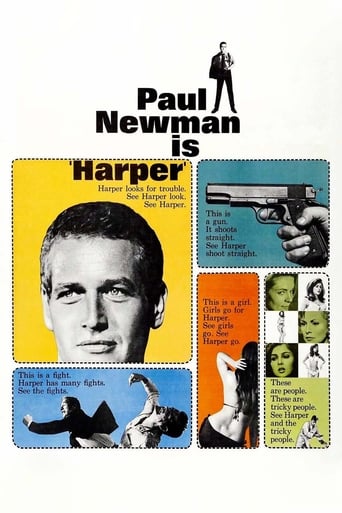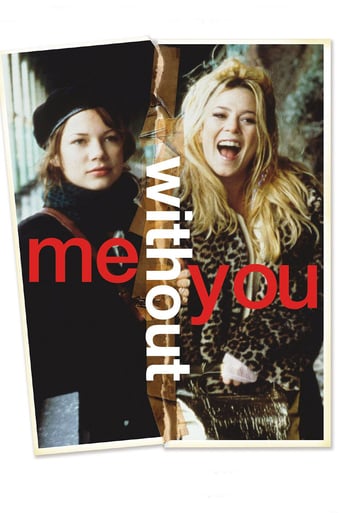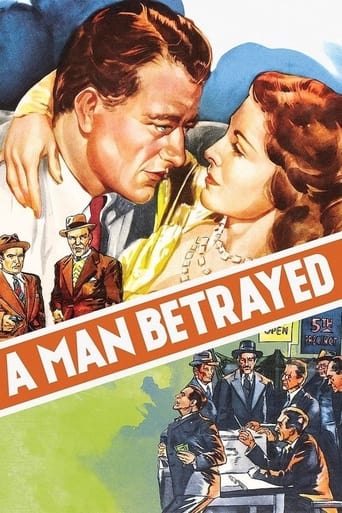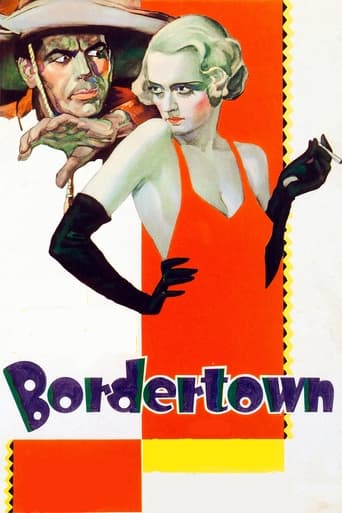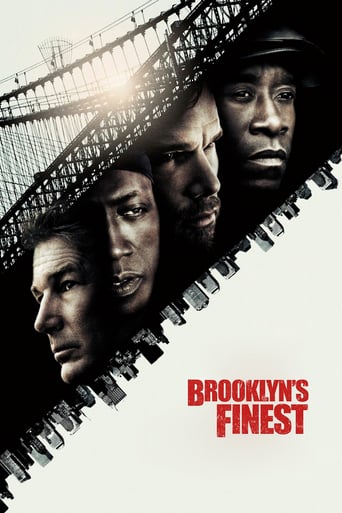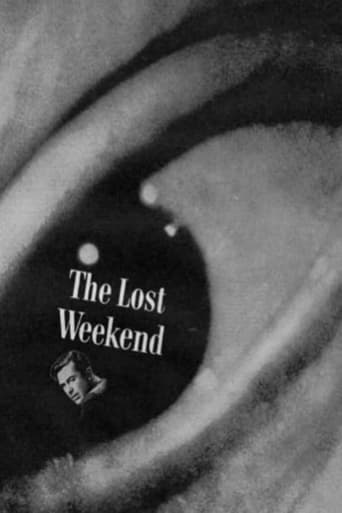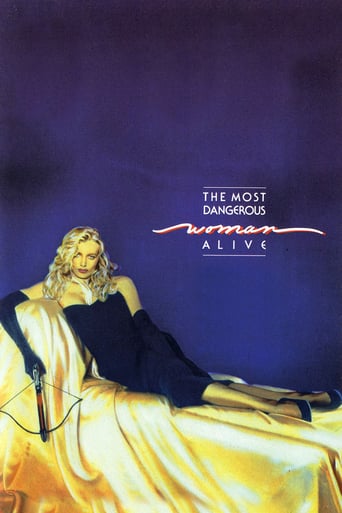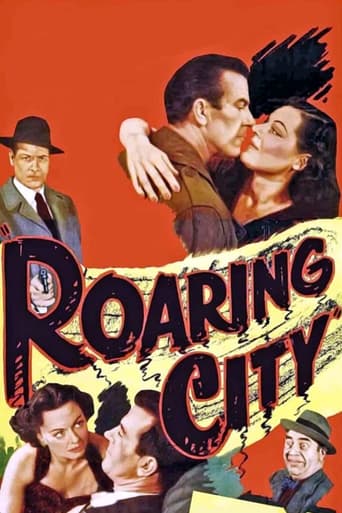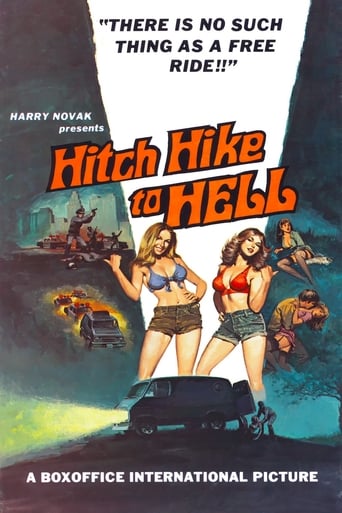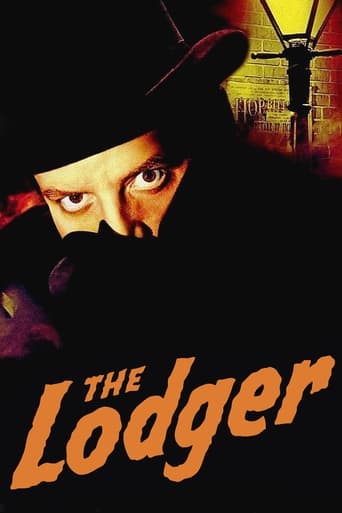Daybreak (1939)
After committing a murder, a man locks himself in his apartment and recollects the events the led him to the killing.
Watch Trailer
Free Trial Channels
Cast


Similar titles
Reviews
I cannot think of one single thing that I would change about this film. The acting is incomparable, the directing deft, and the writing poignantly brilliant.
Ok... Let's be honest. It cannot be the best movie but is quite enjoyable. The movie has the potential to develop a great plot for future movies
This movie tries so hard to be funny, yet it falls flat every time. Just another example of recycled ideas repackaged with women in an attempt to appeal to a certain audience.
The plot isn't so bad, but the pace of storytelling is too slow which makes people bored. Certain moments are so obvious and unnecessary for the main plot. I would've fast-forwarded those moments if it was an online streaming. The ending looks like implying a sequel, not sure if this movie will get one
I didn't liked this film. The movie and performances are good. But...is the story that just irritates me. Françoise is a horrible women disguised in a beautiful and delicate girl, but I can't stand the way she lies. That kind of people who plays with other people feeling is just disgusting. And she do it blatantly like nothing. And François, he also do it with Clara, but I don't know, its different, the man is in love and suffering. Françoise may just say no in the begging, just as easy
A common laborer, Francois, shoots, and kills, M. Valentin, a despicable man who has come to his room in a housing complex unexpectedly. In flashbacks we get to know the story behind Francois' action, as he sequesters himself from the police that has been called to take him away. It is a tense moment for Francois, a quiet man, otherwise.The story of Francois involvement with the beautiful Francoise, a young woman who grew up like him in an orphanage, brings them together for they feel the need for one another. Francois does not think for a moment he will be in such a position, but when his sweetheart decides to go alone to a music hall, he follows her there. He is astonished to see Francoise going to M. Valentin, a dog trainer whose act is part of the revue in the local theater. Clara, who is M. Valentin's assistant in the act, is clearly disgusted with him. Leaving the stage, she joins Francois in the bar. They both witness the trainer and the young woman leave together. It is evident they know one another and that perhaps Francoise is not as naive as she pretends to be. Things come to a head when Valentin comes to see Francois with a feeble excuse about Francois' girl, ultimately resulting in the shooting.Marcel Carne's masterpiece came right after "Quai des brumes", another dark tale of people in turmoil. Jacques Viot's original scenario was given life by the great Jacques Prevert a man who collaborated with M. Carne in other films with his perceptive take on the dialogue. This is pure Carne who felt attraction for telling stories that involved ordinary people, as it is the case in this film. Although well respected in his work, the film was not embraced by audiences because of the obscurity of the subject. The figure of Francoise, the main interest of our man in this story, is not immediately made clear. On the one hand, she appears to be a somewhat naive woman, while leading, perhaps, another life with the older Valentin. The other role that is quite enigmatic is that of Clara, who obviously must have been connected with Valentin, not just as his assistant for the theater. Clara clearly wants Francois, but he is blindly in love with Francoise, who might be hiding a secret side of her personality when she is with Francois. It is indeed a complex story in many levels, but Carne delivers an intense drama that keeps his audience glued to what is happening on the screen.Jean Gabin, at the height of his film career made a perfect Francois. He does not make a false move throughout the story. Jean Gabin was a natural for cinema, as he demonstrates here. The great Arletty appears as Clara, the woman who loving Francois, stays out of his way since she realizes she cannot have him. Jacqueline Laurent projected the right kind of naivete as the sweet Francoise. Jules Berry plays the odious M. Valentin with relish.
There is something so lyrical about the tale of the doomed François portrayed by the great Jean Gabin that even in its hardest luck moments you feel you are watching poetry in motion.In addition, Le Jour se Leve is a character study with all the contradictions that tend to go with pained souls like François' - except that there is a further depth that renders the film quite universal, a depth made of little moments in human relationships and the flaws that gently emerge but only renders the humans involved more endearing.Still, all that glitters is not gold: the apparently pure Françoise has actually been bedded by M. Valentin (Berry); and the police are more interested in getting their man than in saving him.The direction is precise and inspired, resorting to the then much used flashback technique but never allowing it to dominate the film.The photography - well, it is gorgeous and it gives the film its expressionistic ambiance. Finally, Gabin - one of the greatest actors ever in one of his greatest roles. Need one say more?The ending can be predicted from the moment François kills a visitor in his apartment but that aside it is a film full of cinematographic treasures, acting to gape at, and a quality of direction that is seldom seen these days. A must see for anyone who cares about movies.
The plot device of having a story begin with a pivotal event and then filling in the details as to how that event came to pass can be effective, as is illustrated here. The event is a murder and your interest is piqued as to the circumstances that provoked it. Details are supplied using flashbacks intermixed with events subsequent to the murder. As the movie progresses you can see potential motives develop, but it is not until the actual murder takes place that the mystery is resolved.The appeal of this film for me was in trying to understand the four main characters: François, a blue-collar worker who loves Françoise; M. Valentin, an unctuous older man who also loves Françoise; and Clara, Valentin's partner and François' mistress. John Gabin plays François as an ordinary man, but with a more complex personality than first meets the eye. He can be amiable and easy-going in most situations, but contentious and angry when pushed a little. I thought Gabin did a great job in integrating these disparate moods into a believable character. I am a bit mystified by his behavior after the shooting - I found his reaction of barricading himself in his room to be unusual. The murder was impulsive and, given the circumstances, could have been presented to an understanding jury in such a way as to yield a minimum sentence. So, why did François immediately behave in a manner to insure his doom? Did he see his future as hopeless? Was it anger bubbling to the surface at a society that he felt had kept him down? Was it to give himself time to decide what to do? This is where a novel may be superior to a movie - a novel could tell us just what François was thinking in his time of being holed up in his room.Françoise is played with seeming innocent sweetness by Jacqueline Laurent, but her character is also hard to figure. Her relationship with Valentin is never clear. She seemed to love François, but vacillated in committing to him apparently because of her relationship with Valentin. Jules Berry does a fantastic job in creating a unique and unforgettable character in his portrayal of Valentin. He has an appealingly glib charm but ultimately comes across as being offensive and pathetic. He is aware of his failings and his behavior is due in good measure to his self-hatred. But why did he taunt François in such a provocative and self-destructive way?And then there is Clara. She dissolves her partnership with Valentin and then takes up with François. What is François doing taking up with Clara when he really desires Françoise? That can't help. And what is Clara doing taking up with François when she knows he loves Françoise? As seen by François, Clara is a mistress, but is there more? Clara understands how François views her, but she develops a deeper attachment anyway. However, she is able to break things off with a world-weary detachment. Behavior is not rational I guess.As you might expect from director Carné, the black and white cinematography is creative and engaging. The script is tight; every scene has substance. Consider the scene where François first meets Françoise. François is at work in a line of men who are sandblasting heavy equipment. We see the miserable conditions of his workplace, but when Françoise comes on the scene he takes off his head gear and is quite tender with her. We learn a lot from that simple scene. And the scene showing Valentin's act with the trained dogs is transfixing and gives us a quick insight into his character. And the final scene is a memorable classic.As is shown, life is tenuous - a single impulsive act can change the course of your life.

